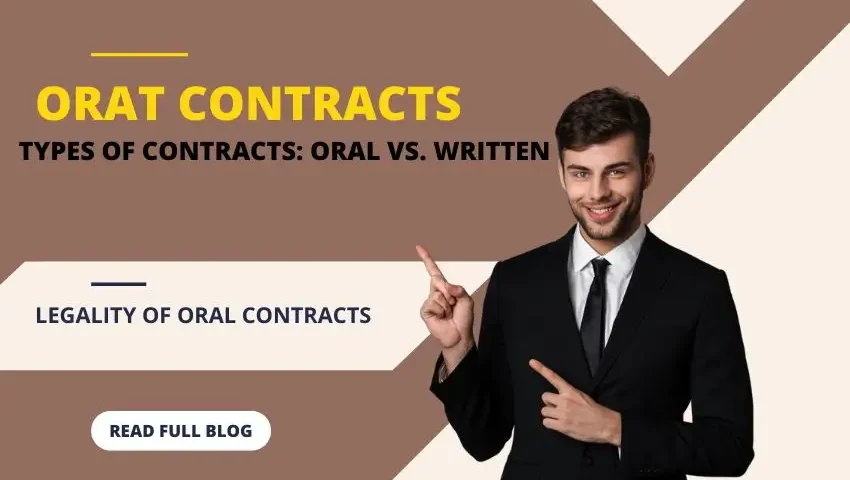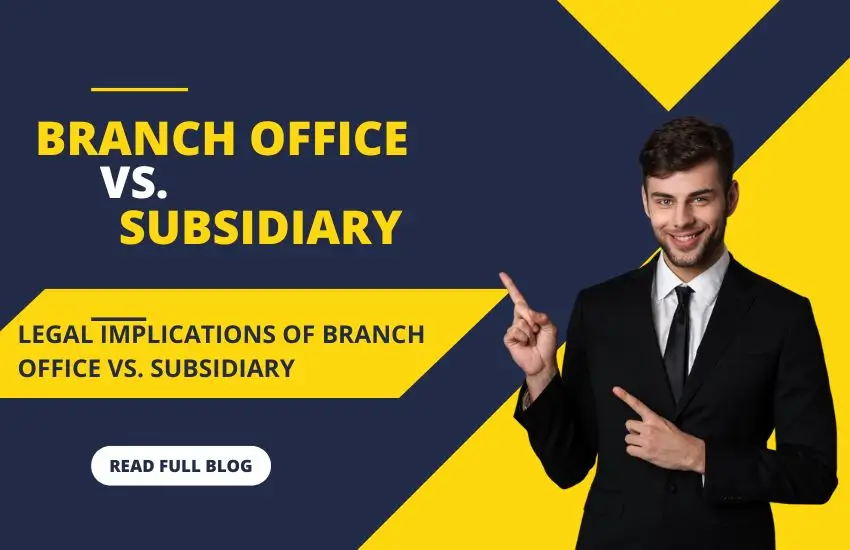Oral Contract: Definition, Example, How to Prove and Enforce

What Are Interval Funds? Definition, Buying & Selling, Risks
October 22, 2024
Quality of Earnings: Definition, Why It’s Important, and Analysis
October 23, 2024Introduction to Oral Contracts
Oral contracts, also known as verbal agreements, are often overlooked when it comes to legal agreements. Most people believe that unless something is written down, it’s not legally binding. But in reality, oral contracts can hold just as much weight in certain situations. An oral contract is simply an agreement made between two or more parties that is spoken aloud and not recorded in writing. Despite the absence of a physical document, these agreements can be enforceable under the law.
Types of Contracts: Oral vs. Written
When discussing contracts, two main types come up: oral and written. The main difference between the two is, of course, whether the agreement is physically documented or spoken. Oral contracts rely on mutual understanding and trust, while written contracts are recorded and signed by all parties involved. contracts may be preferred in situations where speed is essential, or the parties trust each other enough not to rely on paper documentation.
Legality of Oral Contracts
The million-dollar question: are oral contracts legally binding? The answer is yes, they can be. Oral contracts are recognized by the law in many jurisdictions, but enforcing them can be tricky due to the lack of tangible evidence. However, as long as the agreement contains the essential elements of a contract, it can be upheld in court.
Essential Elements of an Oral Contract
For an oral contract to be legally binding, it must contain certain elements:
Offer and Acceptance
One party must make an offer, and the other must accept it. This is the core of any contract, whether oral or written.
Intention to Create Legal Relations
Both parties must intend for the agreement to be legally binding. If there’s no intention to create legal relations, the contract will not hold up in court.
Consideration
Consideration refers to something of value being exchanged between the parties, such as money, goods, or services.
Enforcing Oral Contracts
So, how do courts handle oral contracts? Enforcing an oral contract is possible, but it’s more challenging than a written one. Courts will rely on the testimony of witnesses, communication records, or any other evidence that proves the existence of the agreement.
Challenges of Oral Contracts
Oral contracts come with their own set of challenges. One of the most significant is the lack of documentation. Since everything is spoken, there’s no written record of the terms agreed upon, which can lead to misunderstandings.
Lack of Documentation
Without written proof, it can be difficult to prove the exact terms of the agreement.
Risk of Misunderstanding
Different interpretations of what was agreed upon can lead to conflicts, making oral contracts riskier than written ones.
Proving the Existence of an Oral Contract
It can be tough to prove an oral contract in court, especially if the parties have differing accounts of the agreement.
Situations Where Oral Contracts Work
Despite their challenges, oral contracts are still useful in many day-to-day situations. For example:
Day-to-Day Transactions
Buying goods at a market or making quick, informal deals often involve oral agreements.
Family Agreements and Informal Settings
Oral contracts are also common within families or close-knit groups, where trust is high, and formality is less critical.
Statute of Frauds and Oral Contracts
The Statute of Frauds is a legal principle that requires certain types of contracts to be in writing to be enforceable. This includes contracts related to real estate, marriage, and agreements that will take more than a year to complete. While oral contracts can still apply in many situations, they do not work for these types of agreements.
Tips for Strengthening an Oral Contract
Although oral contracts can be challenging to enforce, there are ways to make them stronger.
Use of Witnesses
Having a witness present during the agreement can provide crucial testimony if the contract is ever challenged.
Follow-Up Documentation
After making an oral agreement, follow up with a text or email summarizing the terms. This creates a record without needing a formal written contract.
Clear Communication
Ensure all terms are communicated and understood by all parties involved.
Risks of Relying Solely on Oral Contracts
Relying only on an oral contract is risky. There’s always a chance that the other party may not follow through.
Potential for Breach
Oral contracts are more susceptible to breaches since there’s no written evidence of the agreed terms.
Limited Legal Recourse
If the contract is breached, the lack of documentation can make it harder to take legal action.
Case Studies on Oral Contracts
There have been several famous legal cases involving oral contracts. In many instances, the courts ruled in favor of the party that could provide the most convincing evidence, showing that oral contracts can indeed be enforced.
How to Prove an Oral Contract in Court
Proving an oral contract in court comes down to presenting the right kind of evidence.
The Role of Witnesses
Witnesses can offer firsthand accounts of the agreement, which is valuable in legal proceedings.
Documenting Conversations
Keeping records of conversations, emails, or even texts discussing the contract can provide the necessary proof.
What Happens When an Oral Contract is Broken?
If an oral contract is breached, legal action can still be taken.
Legal Consequences of Breach
The offending party may face lawsuits or be required to pay damages.
Seeking Damages or Compensation
In some cases, the injured party can seek financial compensation or other forms of relief.
Common Myths About Oral Contracts
Several myths surround oral contracts, often leading people to underestimate their validity.
Oral Contracts Are Not Valid
Many people believe oral contracts aren’t legally valid, but this is untrue. As long as the contract meets certain criteria, it can be enforced.
Oral Contracts Cannot Be Enforced
With the right evidence, oral contracts can be upheld in court.
Conclusion
Oral contracts can be a convenient way to make agreements, but they come with challenges. While they are legally binding in many situations, proving their existence and terms in court can be difficult. If you rely on an oral contract, it’s wise to take steps to strengthen it, such as having witnesses or following up with documentation.
FAQs
Are oral contracts as binding as written contracts?
Yes, oral contracts can be legally binding if they meet the necessary criteria.
Can I take legal action if someone breaks an oral contract?
Yes, but it can be challenging without sufficient evidence.
What evidence is needed to prove an oral contract?
Witnesses, emails, texts, or any record of communication can help.
Are there situations where oral contracts aren’t valid?
Certain contracts, like those involving real estate


